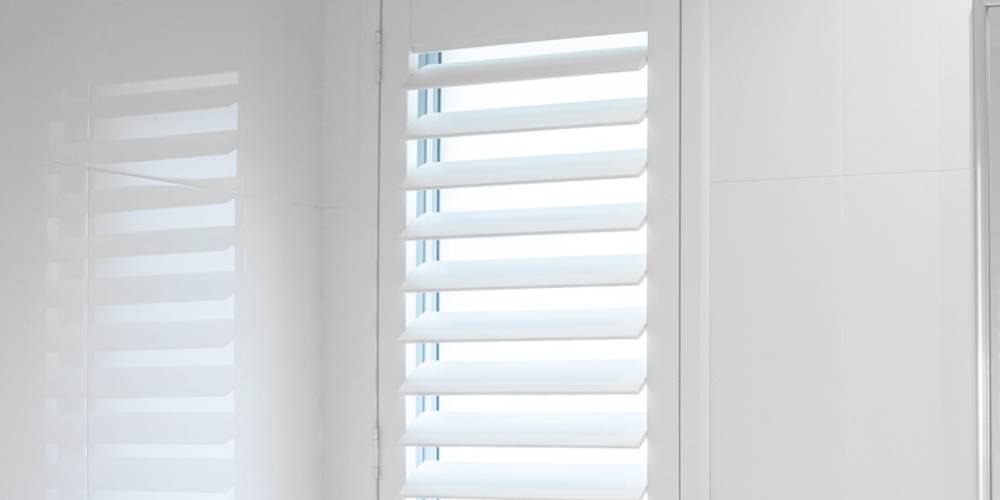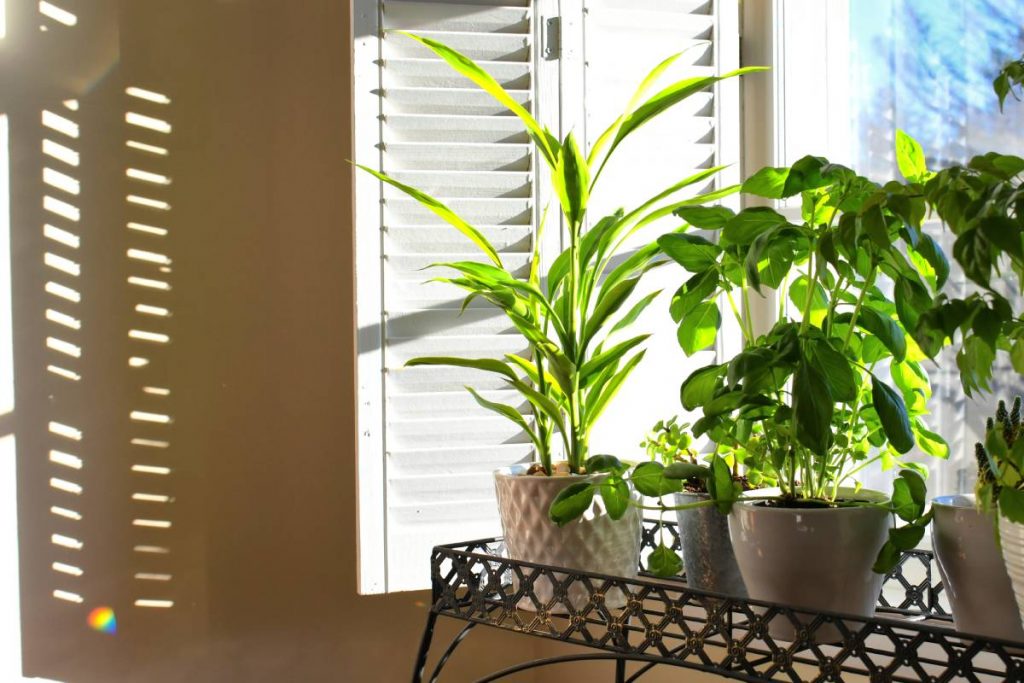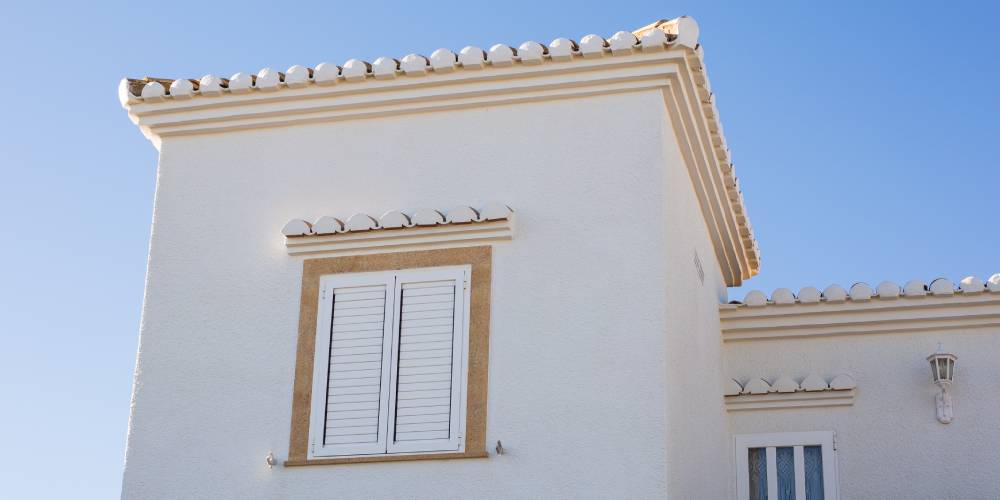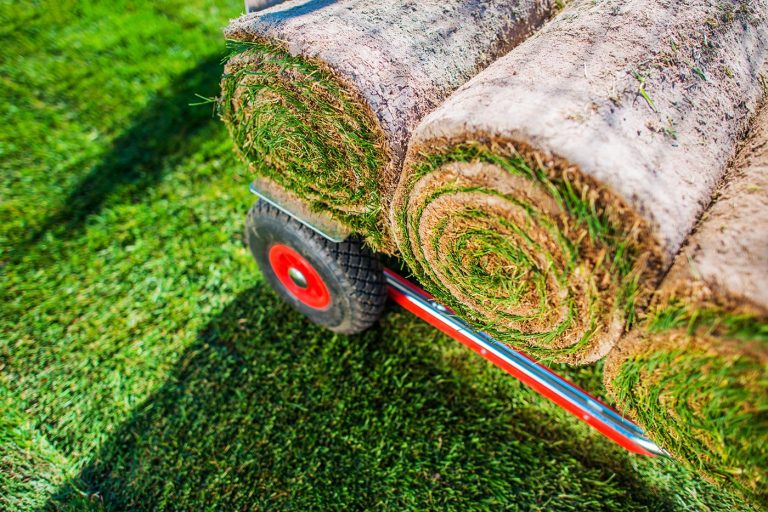Plantation shutters have been all the rage in recent years, but are they all they’re cracked up to be? For example: how long do plantation shutters last? Is it worth spending the premium on a window covering? – Certainly, if you get plenty of usage out of them!
Then again, if they last a long time, what condition do they remain in? Do they turn yellow over time? If so, why? And is there a way to prevent it?
Finally, are plantation shutters outdated? Have they outstayed their welcome or are they likely to stick around for a while longer?
In this article, we’ll answer these questions and tell you everything you need to know!
How long do plantation shutters last?
So, the first question on the list is: how long do plantation shutters last?
One of the key reasons why interior shutters are among the most popular window covering available on the market today is their longevity. Then again, not all plantation shutters are created equal.
So, provided you invest in high-quality plantation shutters from a reputable manufacturer and supplier like Perth’s Boutique Plantation Shutters, you’re likely going to get a lot of years out of them – to the song of 50 years or more!
5-decades for a window covering from one single investment! Not bad, right? In fact, most real estate experts claim that it is the elegance and longevity of such custom-made plantation shutters that make properties all the more appealing to prospective buyers.

Do plantation shutters go yellow?
One common concern that people worry about when it comes to investing in plantation shutters is: do they turn yellow?
The short answer is that yes; your plantation shutters may turn yellow…if you fail to invest in the proper quality. Fact is, off-the-shelf plantation shutters from inequitable manufacturers are likely to discolour over time.
It may be tempting to go for a cheaper plantation shutter, but here are some of the problems that you are likely to face:
- They don’t fit the window well: if you want optimal energy efficiency and light control, you need to spend that little bit extra on quality. Cheap plantation shutters are likely to not fit properly, and you’ll pay for them in the long term.
- Lower quality materials: if something appears to be too good to be true, it’s usually because it is. The same applies to plantation shutters; if they’re cheap, it means that lower-quality materials have been used. This is one of the main reasons why some plantation shutters are susceptible to turning yellow.
- They’re finished with low-quality paints: another contributing factor to yellowing plantation shutters is cheap, low-quality paints. Any paints that have VOCs (volatile organic compounds) are likely to not include any protective UV coating – not to mention the harmful chemicals that can be released!
- They may be made overseas: don’t get us wrong, often, some of the finest products are made overseas but when it comes to plantation shutters, that isn’t necessarily the case. If you want the finest plantation shutters, stick to Australia!
- Regular maintenance will be required: the finest quality plantation shutters only need a little dust and wipe down with a damp cloth now and again to keep in peak condition. Cheap plantation shutters are likely to need regular maintenance and may start to fall into disrepair quite quickly – such as staples coming loose or louvres (slats) beginning to sag.
Are plantation shutters outdated?
Finally, are plantation shutters out of style?
The short answer is absolutely not. Plantation shutters are designed by prospective home buyers because they’re renowned for durability, and their light-filtering and energy-efficient tendencies.
The fact is, plantation shutters have been in style for centuries and we can say with great confidence that they are likely to stick around for many years to come!
Conclusion
So, what’s the verdict? Are plantation shutters all they’re cracked up to be? Put it this way: if you want a high-quality window covering that is aesthetically stunning, timeless in appearance, and can last up to 5-decades from one single investment? Well, it’s a no-brainer!




